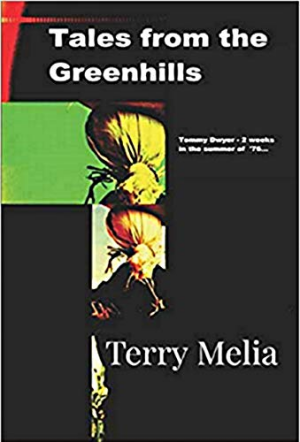Note: this originally appeared as part of a subscription podcast series my company offered. I’m resurrecting it here as a reference point for people reading “Power Unlimited” is in Daikaijuzine’s Anguirus Issue and Beware of Soul Killers.
Enjoy!
Sometimes we have to work with people who seem perfectly normal yet, when we get away from them, we feel a little weaker, a little sadder, a little more melancholy and, for lack of a better term, a little less.
What was there about our interaction with them that left us in such a state? Perhaps they had low self-esteem and took some of yours to make up for their lack. The end result is that your self-esteem got drained and you didn’t even open the tap.
Here’s how to recognize low self-esteem in others and a few things to do about it.
Self-esteem is a measure of how much we value ourselves, a purely internal measure of how we compare ourselves to others.
Psychologically healthy people have good self-esteem, meaning they believe they’re on a par with others in the personal and work achievement departments. Even when they meet an Olympic gold medal winning MD-PhD who’s piloted the space shuttle and discovered a cure for cancer, their self-esteem stays in tact because that gold medal winning person is the exception, not the rule, and people with good self-esteem recognize this.
Few people with low self-esteem carry sandwich boards announcing themselves and they do give off signs of low self-esteem. For example:
- They make amusing but cutting remarks about your achievements and the achievements of others.
- They are hesitant – sometimes extremely so – to do anything new or try anything unfamiliar.
- Whenever they talk about themselves it’s often with a question involved, usually seeking confirmation that what they did was good, okay or acceptable.
- They need to be in control of conversations and situations, often by making themselves the focus of conversations or situations.
- They do not like to be challenged about their ideas, beliefs or experiences. This is especially true if you have or are seeking a personal relationship with them.
People with low self-esteem can be intelligent, witty, charming and disarming in the extreme, until something happens that causes them to evaluate themselves in comparison to someone else, and if that someone else is a rival, watch out!
Dealing with Self-Esteem Stealers
Rarely does challenging someone about their self-esteem do any good. What does work is pointing out to them that their remarks can be hurtful and that their remarks are not appreciated. Be prepared to be challenged so also be prepared to be strong and hold your ground. People with low self-esteem can’t let you keep yours, it would only serve as a reminder that they are less and you are more.
That’s all for now. Stay warm and well.


